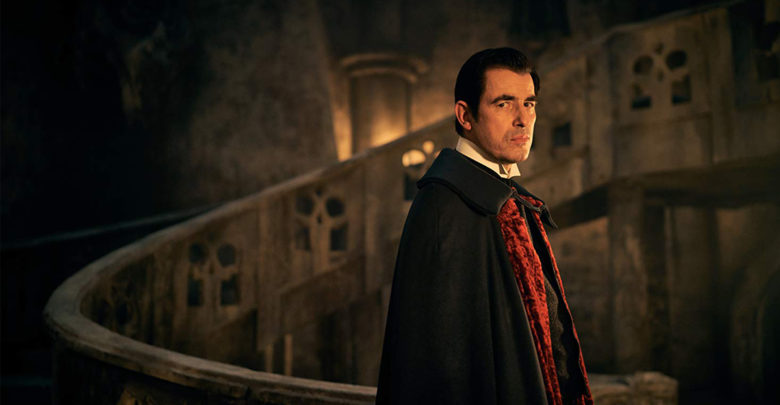 Helen Zhang
Helen ZhangI have always loved vampires. In terms of fantasy and mythology, they fascinated me, and during the creative fiction vampire boom of the early 2010’s, I was in heaven. Brand new to being a teenager, and as such, obsessed with Twilight, I bought every new vampire book that came out and saw every movie.
However, I was unsatisfied with the literature available to me. Authors and directors were coming out with new concepts all the time; bodies like glass, the inability to bleed, and the infamous sparkling skin were among the most unique. But herein lay the dilemma: why were they all young and perfect? Each hair on the vampire’s head was pristinely placed, explained away in some books by the fact that only young humans could be transformed, but completely ignored in others. These vampires also seemed to make no mistakes, always justifying their actions with their goals or their nature.
This is where Dracula (2020) shines the brightest. The series, which aired simultaneously on BBC One and Netflix, does not fall victim to the trope of vampiric perfection; rather, the characters are realistically flawed, and make mistakes more often than not. Despite receiving widespread criticism, I, a vampire superfan, thoroughly enjoyed the mini-series.
Spoilers ahead for Dracula (2020).
Based loosely on the 1897 novel of the same name by Bram Stoker, Dracula follows its namesake on his journey between Victorian Transylvania and
Sister Agatha is undoubtedly the best part of this mini-series. Even on their own, her wit, convictions, and ability to meld past and present seamlessly are reason enough to watch.
Wells’ performance is so convincing that, at times, it feels like you’re right there with her. And although Dracula spends the whole series trying to understand himself and his limitations, it’s Agatha who eventually discovers the answer.
One of the main gripes many reviewers had was with Lucy Westenra (Lydia West), a London local who Dracula romances with the intent of creating a bride. Lucy’s open
Even her death, which is the result of a close encounter with a stake, is her choice. Dismantling the “nice-guy” narrative built up by Jack, a former lover of Lucy’s, his true colours come out upon seeing her after she is burned alive. He’s disgusted by her, and has to force himself to remember her beauty just to kiss her when she is upset. Though some reviewers may claim that Lucy was reduced to a “silly slutty girl,” I believe just the opposite. She was always in control of herself and her facilities, right up to the moment of her death. In stark contradiction to what many are saying, it is in fact the men in Lucy’s life who are exposed as vain and materialistic when she dies, demonstrated by Jack’s exposed vanity in the face of her injuries and her fiance’s decision to leave her funeral early.
My only complaint about the ending is that it doesn’t leave much room for continuation, but that might be a good thing. It felt as though Agatha, Lucy, and Dracula all died on their own terms, and with the comfort of someone they loved. I suppose I’m just sad the mini-series is unlikely to get another season. Dracula (2020) is a wonderful mini-series, and though it is only three episodes long, it’s well worth the watch.




